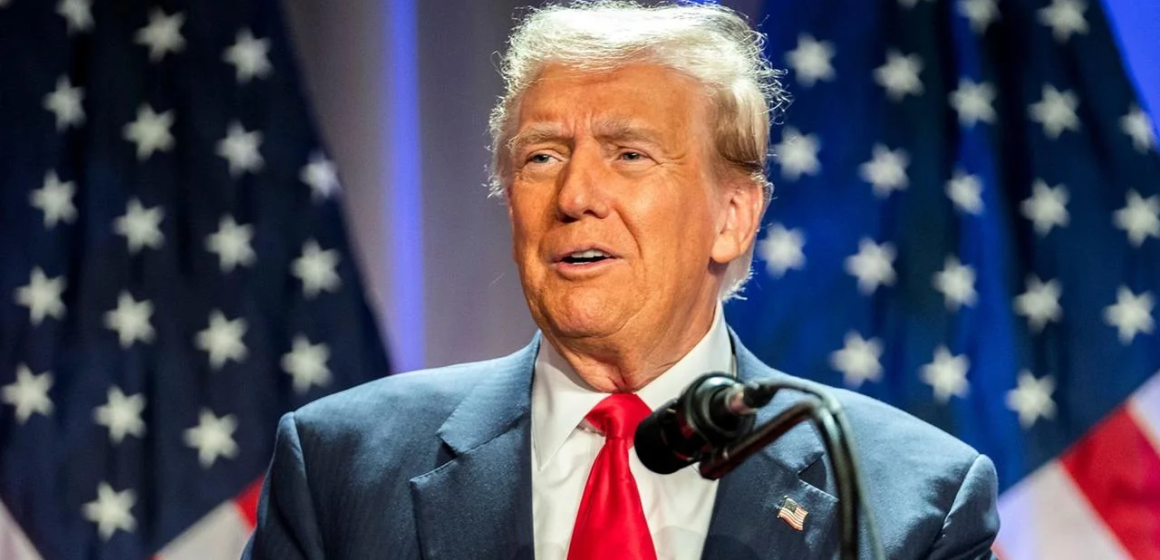Donald Trump will assume office as the U.S. president on January 20, 2025. His return could bring major economic changes. Trump’s promises include lowering taxes, reducing inflation, and increasing tariffs on key trading partners.
While these plans may need congressional approval, many Americans are already feeling uncertain.
But don’t worry! You can take smart steps now to secure your financial future before Trump takes office. These strategies will help shield you from potential risks and allow you to thrive even during economic changes.
Here are three financial moves to consider:
1. Build Up Your Emergency Fund
Trump’s tariff plans could raise prices for everyday goods. For example, he has proposed tariffs as high as 25% on Mexico and Canada and up to 60% on China, America’s largest trading partners. Tariffs often act like a sales tax, making imported goods more expensive for consumers.
Experts warn that broad tariffs may lead to inflation, making it critical to have extra cash on hand. An emergency fund can help you handle rising prices or unexpected expenses.
How much should you save? Aim for at least three months of expenses, though six months is better. Keep your savings in a high-yield account to ensure your money grows over time.
Greg McBride, CFA and chief financial analyst at Bankrate, says, “Nothing helps you sleep better than having money tucked away for emergencies.”
2. Fund Your Retirement Accounts

Now is the perfect time to secure your future by focusing on your retirement savings. You can:
- Max out your 2024 IRA contributions (you have until April 2025).
- Plan for 2025 contributions.
- Increase contributions to your 401(k), if possible.
Why the rush? Social Security faces a funding shortfall by 2033. If no changes are made, benefits may be cut by 25%, according to experts.
Trump has said he wants to protect Social Security but has also hinted at potential cuts. His proposals, like eliminating taxes on Social Security payments, might worsen the program’s financial challenges.
With Republicans controlling the executive and legislative branches, changes to Social Security could happen soon. Planning for reduced benefits now can help you avoid financial stress later.
3. Protect Your Portfolio From Inflation
Inflation may rise due to two key factors under Trump’s leadership:
- Tariffs on imports could drive up costs.
- Tax cuts might lead to increased government spending and higher national debt.
Higher inflation and interest rates could initially hurt stocks. However, strong companies are likely to adjust by passing costs onto customers, as they did in 2021 and 2022. This means their profits—and stock prices—could continue to grow over time.
Investing in the stock market remains one of the best long-term strategies for building wealth. Experts recommend broad-based index funds, like those tracking the S&P 500, which historically deliver around 10% annual returns.
If Trump lowers corporate taxes or introduces business-friendly policies, companies may even buy back their own stocks, boosting prices further.
Why Take Action Now?
Economic uncertainty often leads to financial stress. By preparing today, you can protect your money and feel confident about your future, no matter what changes come.
Note: Every piece of content is rigorously reviewed by our team of experienced writers and editors to ensure its accuracy. Our writers use credible sources and adhere to strict fact-checking protocols to verify all claims and data before publication. If an error is identified, we promptly correct it and strive for transparency in all updates, feel free to reach out to us via email. We appreciate your trust and support!



Leave a Reply